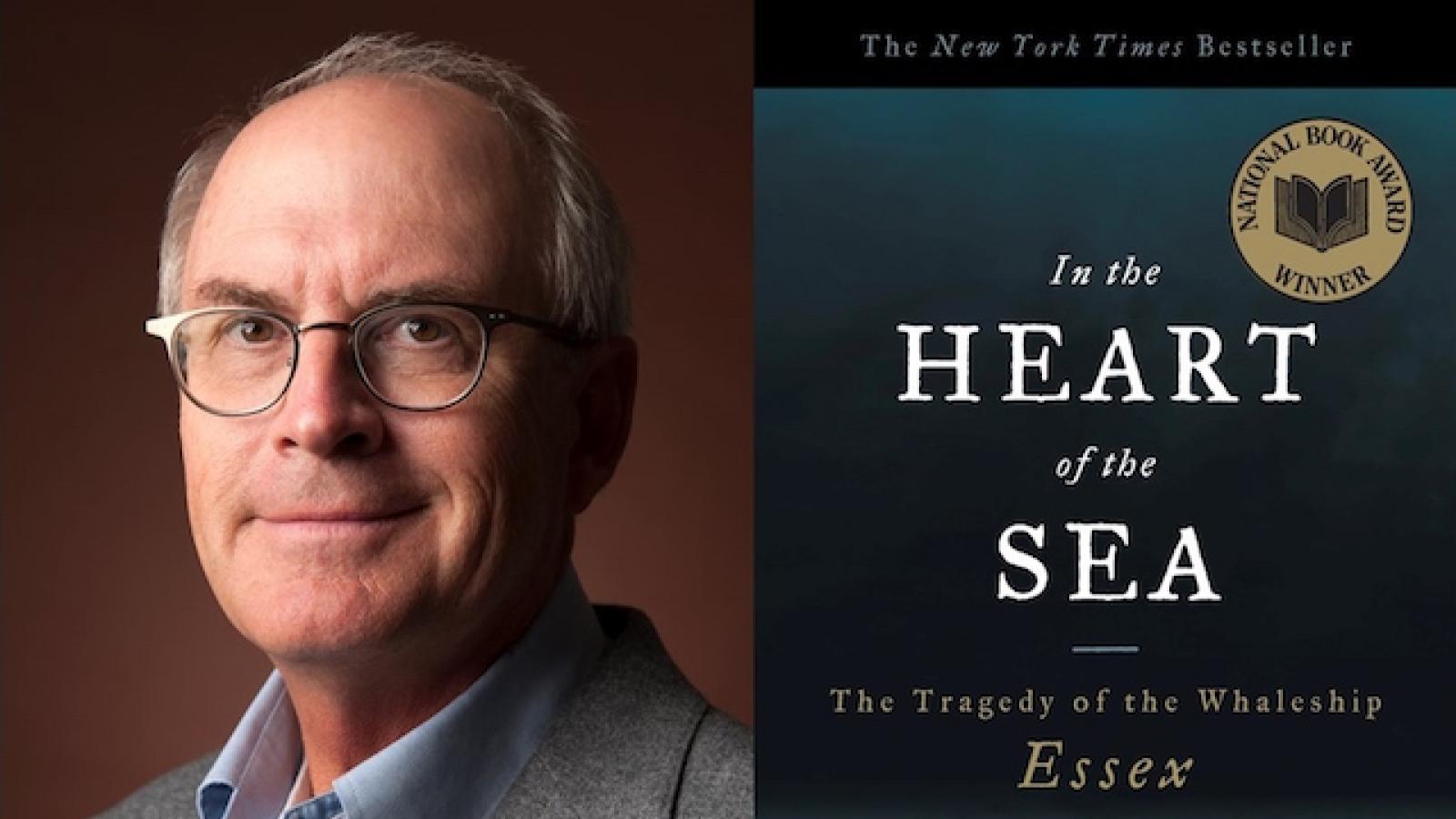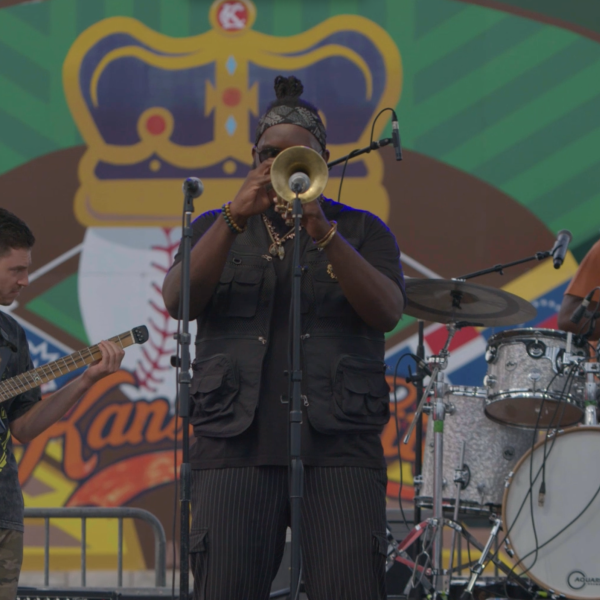NEA Big Read Author Nathaniel Philbrick on Historical Catastrophes, Learning to Love Moby-Dick, and Following in the Footsteps of George Washington

NEA Big Read author Nathaniel Philbrick hated Herman Melville’s novel Moby-Dick as a teenager because his father, an English professor specializing in maritime literature, talked at length about the book. Once he finally read it in high school, he was hooked by the first sentence, and to this day considers it his favorite novel. Today he and his family live in Nantucket, the island off the coast of Massachusetts from which the fictional whaleship in Moby-Dick set sail. The island has been at the center of many of his books, including In the Heart of the Sea, one of the latest NEA Big Read titles, which tells the true story of crewmembers aboard the whaleship Essex, rammed by the whale that inspired Melville’s great American novel. We asked Philbrick to reflect on his passion for writing narrative history, and what it means to be part of the NEA Big Read.
NEA: You once said that all your books are horror stories of one kind or another. Why do you think you’re attracted to horror stories?
PHILBRICK: When faced with a catastrophe, people do remarkable and potentially instructive things. I think it takes a disaster of some sort to bring out the best and the worst in human behavior. From my perspective, a story is a lot more interesting when things go terribly wrong.
NEA: Have you had the experience of researching a key topic for a book and suddenly hitting a wall, such as a large gap or a discrepancy in historical records?
PHILBRICK: The great challenge of writing narrative history is that you are forced to tell a story with only limited evidence. In telling the story of the crew of the whaleship Essex I sometimes found it necessary to look to other, similar kinds of situations in history to explore what might have happened in a specific situation about which we had very limited testimony from the survivors. The challenge then becomes to graft that information into the plot without disrupting the narrative flow of the story.
NEA: As a new NEA Big Read author, which aspect(s) of the program are you most excited about?
PHILBRICK: Writing is a pretty lonely occupation, so I greatly enjoy the opportunity to get out of my office and see and talk with the people who are reading my books. I have an ongoing fascination with the great complicated beast we call America, and I immensely enjoy getting to know other communities. Every place I go to seems to have a slightly different slant on not only my books but life in general, and I’m looking forward to learning what I can from the communities I’ll be visiting.
NEA: Are there any other titles in the NEA Big Read library that you’ve read and would recommend?
PHILBRICK: I am a huge Charles Portis fan, so I cannot recommend True Grit highly enough. Yes, there are the two movie versions of the book (both of which are great), but the book is something altogether different. Portis has such a wonderfully dry, understated sense of humor. Once you read True Grit, then please promise me you’ll read Norwood and Dog of the South—entirely different kinds of novels, but each of them masterpieces. Enough said.
NEA: Can you give us a little glimpse of the project you’re currently working on?
PHILBRICK: I’m currently working on a book about George Washington’s travels as president. When he was first inaugurated in 1789, he realized he was the leader of 13 basically independent states. Something had to be done to create a sense of national solidarity. So he went on a road trip, venturing as far north as Portsmouth, New Hampshire, and as far south as Savannah, Georgia. For the last year, my wife Melissa and I and our dog Dora have been retracing his footsteps across the country. Part history, part travelogue, the book has a working title of Travels with George: In Search of Washington’s America.
NEA: Can you share an anecdote about an inspiring or meaningful experience at a reading you’ve given?
PHILBRICK: A while back I was speaking about In the Heart of the Sea at a community college in Massachusetts where many of the students were the first members in their families to seek a higher education. During the question-and-answer period a young man stood up and said that until now he had never actually read an entire book from cover to cover. He said that once he started reading In the Heart of the Sea, he couldn’t stop and that he had finished the last page just that morning. “I want to thank you,” he said, “for writing such an awesome book.” It was the greatest compliment I’ve ever received.




